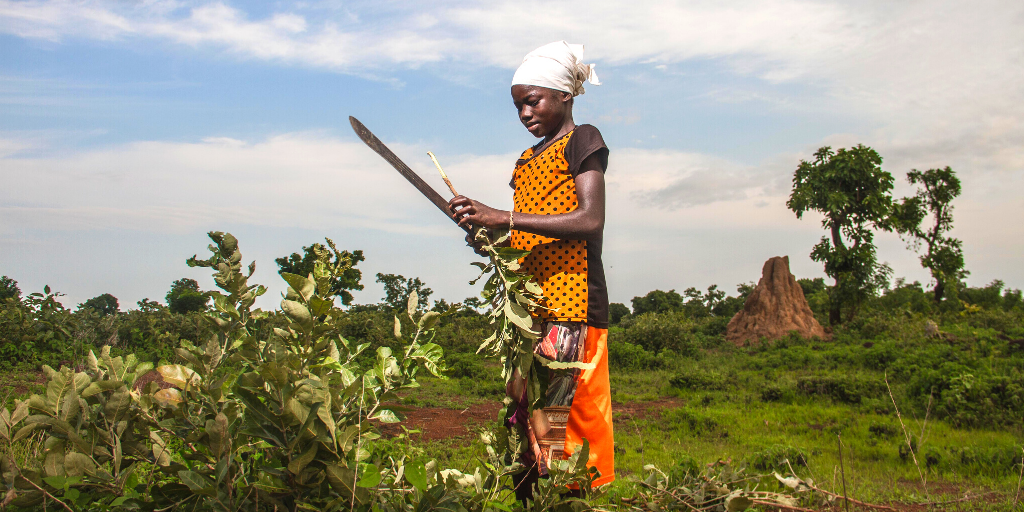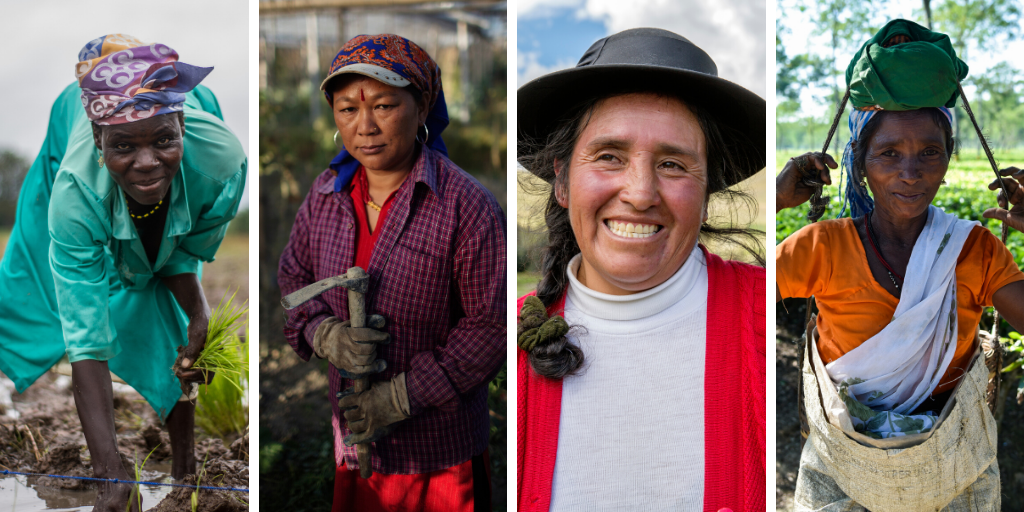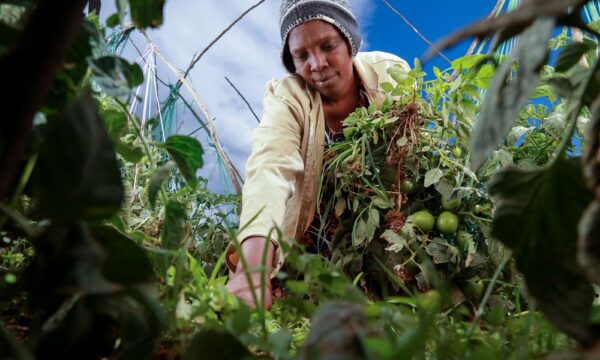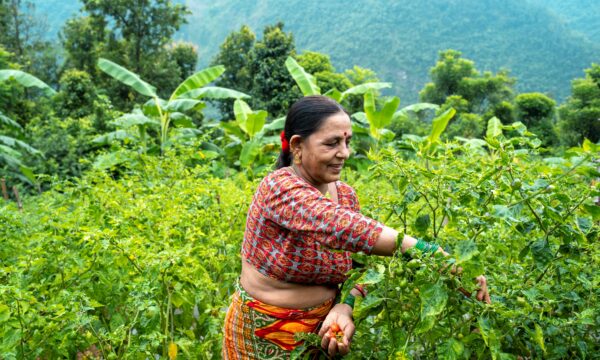
CABI has today published a briefing, Empowering female farmers – Gender responsive programming, which is an overview of gender inequality in agriculture, its challenges and impacts, and how CABI is working to address these through its projects and implementation now and in the future.
Women are vital to rural economies but they have less access than men to credit, education, land ownership, high quality inputs, and rural advisory services. So even though women produce over half of all the food that is grown worldwide, due to gender-specific social norms they use fewer productive inputs resulting in yields that continue to be 20-30 percent lower than that of men.
Beyond the farmers, women work throughout the agricultural value chain and related endeavours. More women in research and extension would mean that the workforce appropriately represents its client base. In fact, data from CABI’s Plantwise programme in Kenya found that more women attended plant clinics when there was a female plant doctor available.
CABI envisions a world in which women, youth, and marginalised communities are included and treated equally in agricultural production. In support of SDG5: Gender Equality, CABI is focused on empowering women in agriculture and know that a deep understanding of the different societies around the world is essential for making meaningful change. That is why CABI adopts a gender responsive approach.
Gender responsive programmes can range from gender sensitive, through to transformative, based on the focus area and issues. This is when gender norms, roles, and inequalities have been considered, and measures have been taken to actively address them; creating an environment that reflects an understanding of the lived experiences of women and girls and addresses their specific issues.

This is why it is vital to incorporate a gender focus in the planning, implementation, and evaluation of our work and to work directly with women, youth and minority communities. The paper includes two case studies of CABI’s work so far and highlights the needs for gender responsive programming to be innovative, evidence-based and data-generating, expert-led, and well-resourced.
One of the key steps CABI has taken towards this is welcoming a new member of staff, Bethel Terefe, as CABI’s first Gender Coordinator. Bethel will be leading our efforts to embed gender firmly across CABI, supporting gender mainstreaming by working with our scientists to ensure a gender lens is applied across all our work. This is in addition to working in partnership with other experts and organisations on the ground. Working through women’s groups and youth groups enables us to gain much better reach.
Moving forward, CABI will continue to work on increased opportunities and improved decision-making for women through the provision of knowledge and technology. By using our understanding of how information is accessed, we are better placed to tailor our extension approaches, ensuring that advice and training is tailored for all farmers – women, men, and young people.
CABI believes its commitment to gender responsive programming will lead to more inclusive agriculture, supporting the United Nations’ sustainable development goals, and improving the livelihoods of all farmers globally.
View and download the full document from the CABI website:
Empowering female farmers: Gender responsive programming
Watch: Meet Jacinta, a farmer from Bolivia
Read more:
Related News & Blogs
Forging a new approach to agriculture research from a gender lens
While working with women farmers across Africa for the past 17 years, Dr Lora Forsythe, lead of the Gender and Social Difference research group at the Natural Resources Institute, University of Greenwich in the United Kingdom, heard a common refrain “M…
16 April 2025




